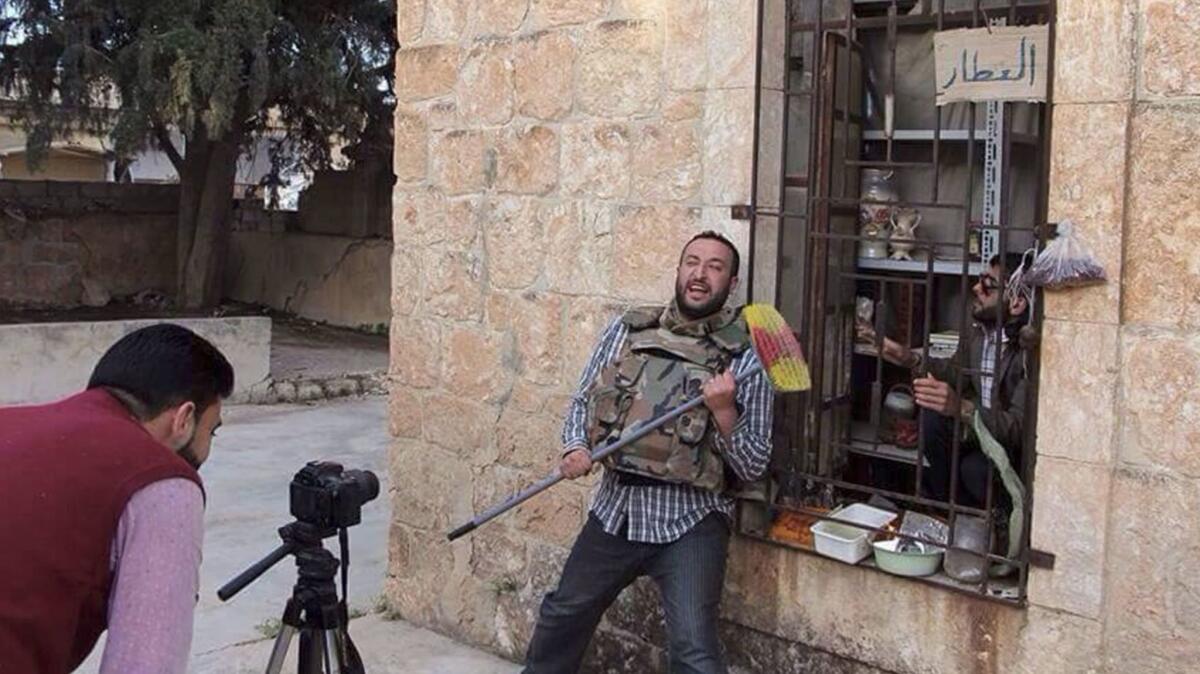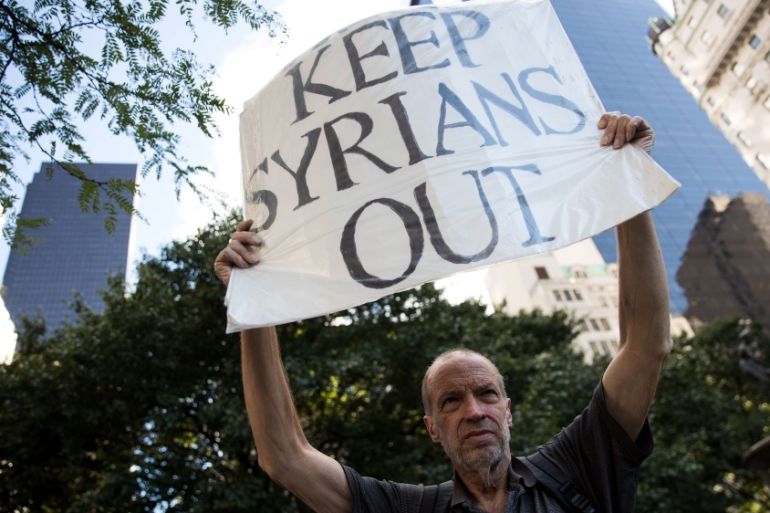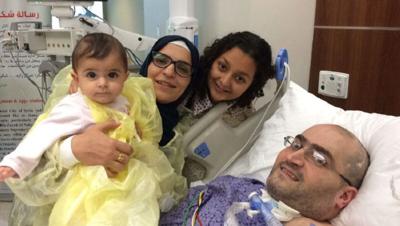
'As the chaotic events continue to unfold throughout Syria, one militia in particular has been placed into the spot light; Hezbollah. The Shiite Islamic guerrilla movement, founded in 1985, has gained much popularity and support since then. With Lebanon’s diverse population a good one third of the nation constitutes an overwhelming Sunni Muslim demographic along with one third Christian, particularly Maronite Catholic, and one third Shiite Muslim as well. Due to much of the violence and political turmoil Lebanon has faced over time, Hezbollah sees itself as an emerging movement standing up for the oppressed and calling for national unity under the pretext of rejecting Israel’s occupation of both Palestine and Lebanon’s southern territories. Has this really been the case, however? Or has Hezbollah simply carried out Iran’s broader agenda in order to establish creeping Shiite hegemony throughout the region? Is Hezbollah’s rhetoric of so-called “unity” truly sincere? Or is it a misleading call to submerge others into their propaganda?
In recent years the deployment of Hezbollah militants to Syria from Lebanon has only ignited sectarian tension since the beginning of the Syrian revolution which began in 2011. According to Hezbollah, it had initially presented itself inside Syria in order to protect revered Shiite shrines, or so they say. However, Hezbollah has begun to fan the flames of war thus accelerating and resurfacing the on-going political, and even Sunni-Shiite theological tension, within the region. Prior to the establishment of ISIS, Bashar Al Assad’s national Syrian Arab Army had massacred over 200,000 innocent civilians, with the assistance of Hezbollah and the Iranian Revolutionary Guard Corps under the pretext of fighting terrorism; a regime that was established by French imperialists and legitimized by Iranian Shiite clerics upon an overwhelmingly Sunni majority population. Although it may seem as if the militia’s alliance to Assad would strike national and regional unity, Hezbollah’s political and militant support for the regime has only brought about discord, a bloody massacre and deteriorating support from Sunni Muslims and Arab Christians alike.
A significant characteristic of Hezbollah that should be highlighted is its complex history. Despite Hezbollah’s and Iran’s current anti-Israeli rhetoric, the Shiites of Lebanon were quite comfortable with Israel’s establishment throughout the 1982 Israeli invasion of Southern Lebanon. The initial invasion of Lebanon was to root out the PLO (Palestinian Liberation Organization) which was present in Lebanon at the time. When Israel decided to extend their presence in the Southern Lebanese territory, Khomeini’s establishment of Hezbollah in Lebanon turned into what is now known as the “Islamic resistance of Lebanon” against the Israeli occupation. Interestingly enough, Iran was a close ally of Israel prior to the 1979 Iranian revolution. So what changed? Shiite Islamists overtook what was meant to be a secular economic reformation in Iran leading to much enmity towards Israel drawing upon the sentiments of Shiite cleric Navab Safavi in 1954 towards the Palestinian cause. This seems to be quite hypocritical when taking the events of the Iran Contra into consideration. How can one oppose the United States and Israel chanting the “death to America, death to Israel” slogans in the streets of Tehran all when purchasing weapons from them? The events of the 2006 summer war between Hezbollah and Israel also indicate the hypocrisy of Hezbollah. Every so often, Hassan Nasrallah, secretary general of Hezbollah, will conduct speeches that seem uplifting and motivating in an attempt to mobilize and boost the morale of his supporters. After Israel declared a cease-fire that summer, Hezbollah proudly championed itself to the rest of the Arab world as heroes and liberators. Hezbollah also promised to retaliate against Israel with 30,000 rockets had it continued to attack Southern Lebanese territory or Palestinian territory. In late 2008 and early 2009, Israel carried out a series of aggressive attacks known as Operation Cast Lead on Gaza yet Hezbollah was nowhere to be found.

So why are Hezbollah and Iran so adamant about their resistance against Israel? Frankly, it is simply a distraction from Hezbollah’s militant presence in Syria. Hezbollah desperately uses Israel as a distraction while in all actuality it cannot afford to fight a war on two fronts; one against Israel and one in Syria. The fact of the matter is, there is no purpose in Hezbollah reiterating it’s anti-Israel rhetoric to the rest of the Arab world considering the fact that the Sunni-Shiite tension has been ongoing for centuries whereas the Arab-Israeli conflict has only recently emerged within the last century. Shiite Hezbollah, as well as Iran, have only recently submerged themselves in the conflict within the past 38 years. Furthermore, the Arab-Israeli issue has been particularly a Sunni Arab-Israeli issue. So why get involved? To establish and legitimize Shiite regional hegemony, of course. Saudi Arabia, a major Sunni regional actor, is seen by many Arabs in the region as a disappointment due to the lack of aiding the Palestinian cause and its alliance to the United States. For both, Iran and Hezbollah, this is seen as the perfect opportunity to act as the upholders of the Palestinian cause and declare themselves as the heroes and liberators of Muslims, Sunnis and Shiites alike. Overtime, however, their true colors have emerged with their support for the tyrannical Syrian regime, their loyalty to Iran, and their militant activities within Syria. Furthermore, if the Assad regime falls to Sunni rebels, essentially this would mean the end of Hezbollah’s source of aid clearly displaying its dependency upon the Syrian regime. Hezbollah is now faced with difficult and complex circumstances that can no longer allow for it to defend a Sunni Palestine all while trying to maintain its support for Shiite Iran and Bashar Al Assad. Eventually, Hezbollah will have to sever ties with one or the other.'


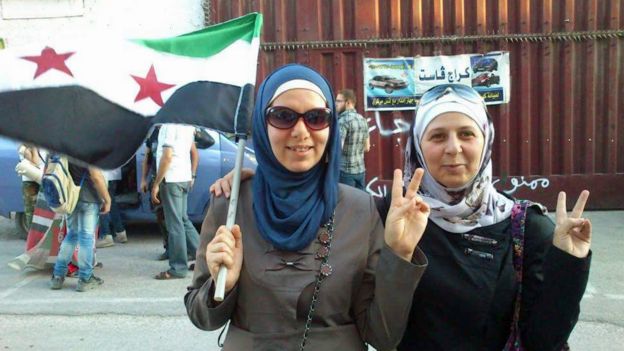
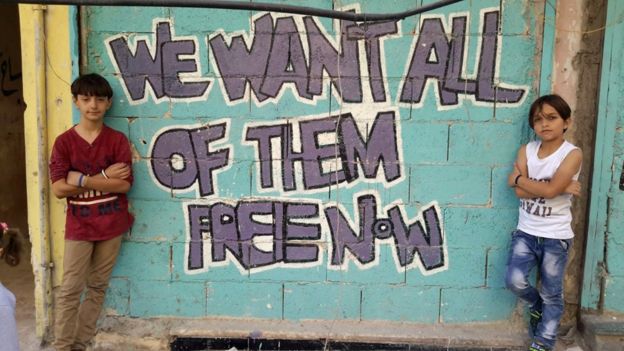
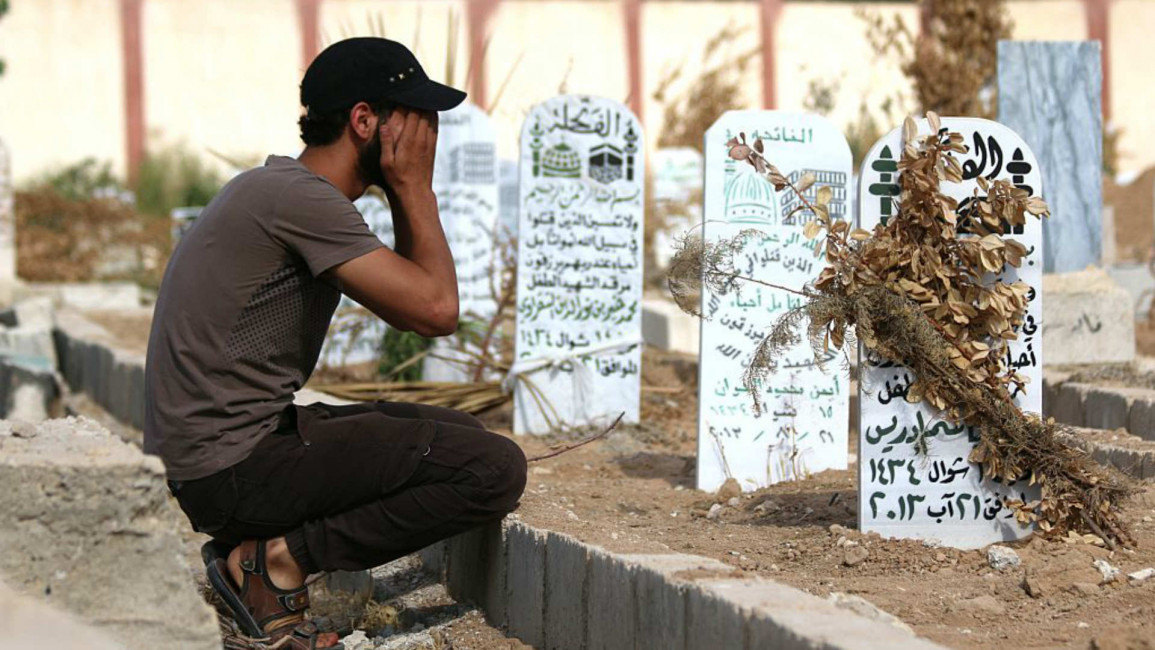
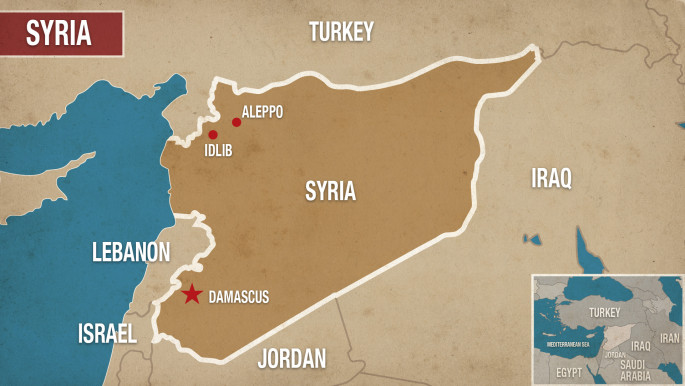



.png)
